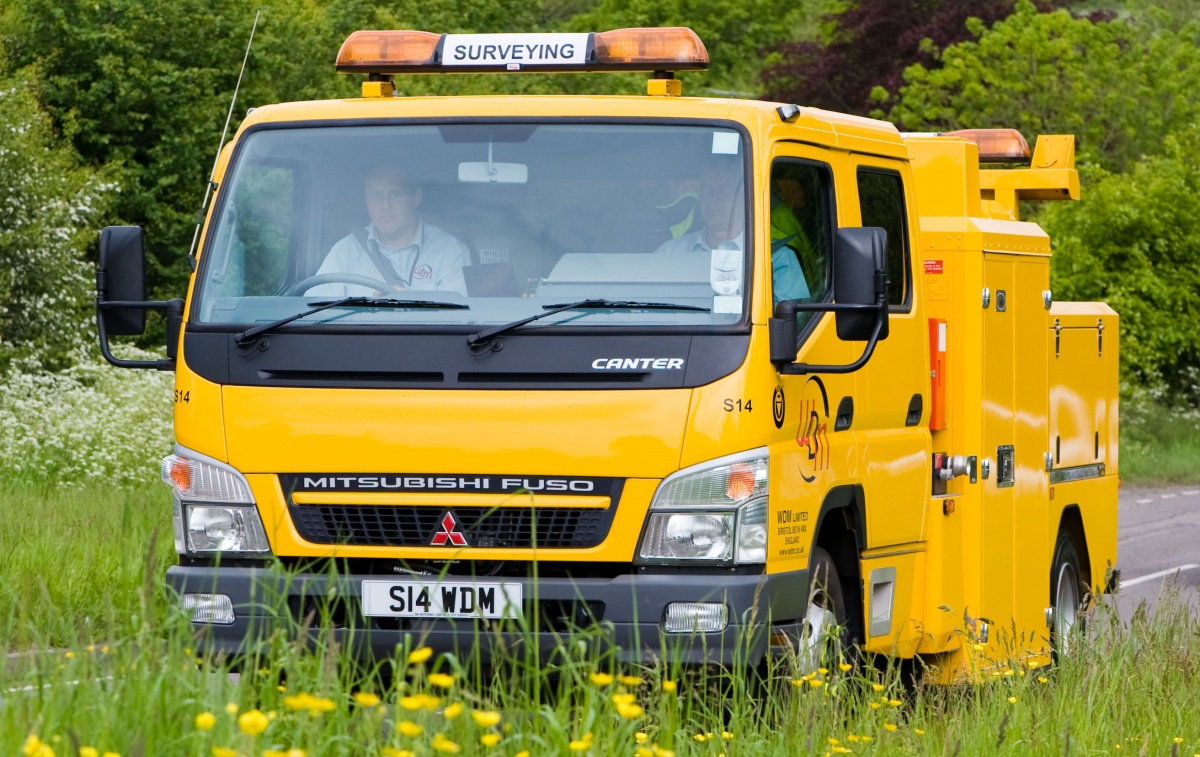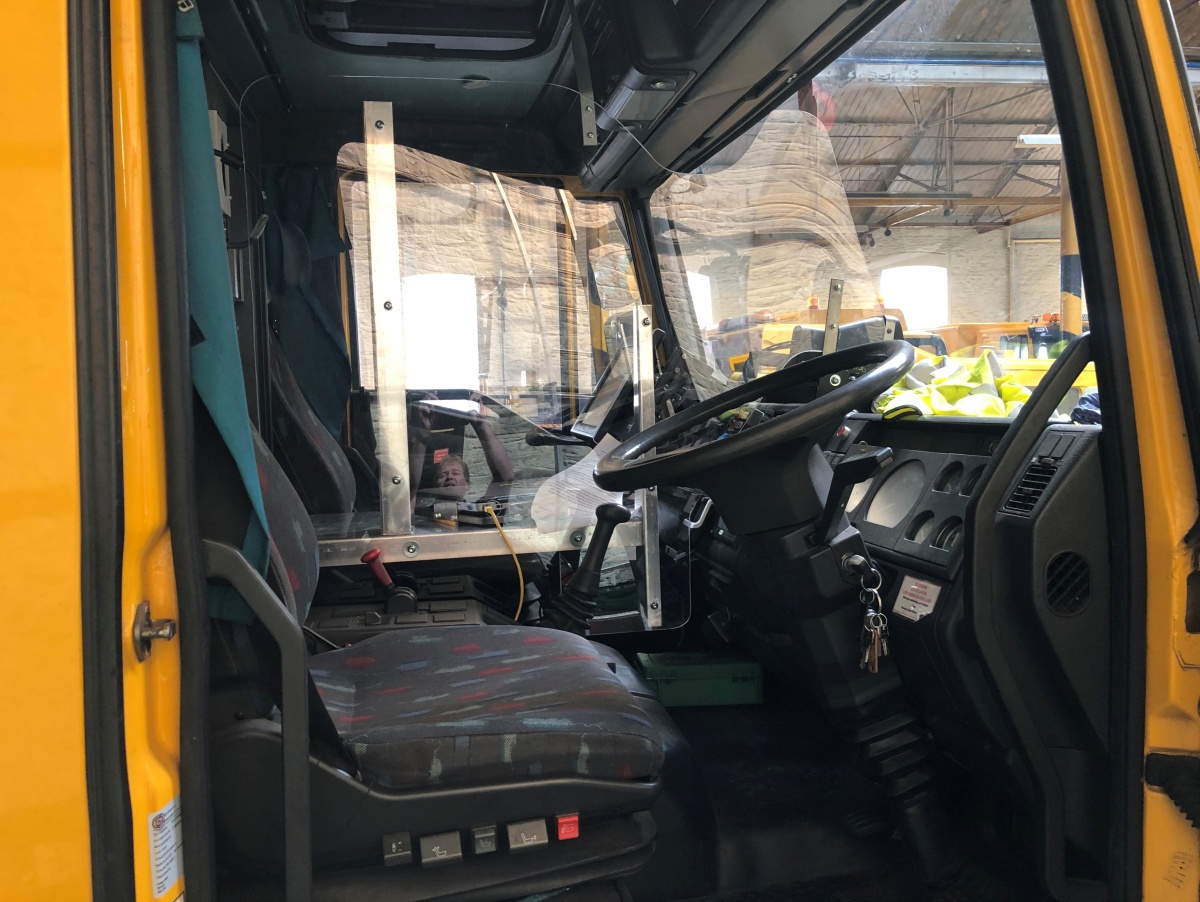Back on the Road
May 2020
W.D.M. Limited have resumed road survey services throughout the UK after being classified as ‘essential workers’ during the COVID-19 pandemic.
The Company, based in Bristol, have a worldwide reputation for delivering safer roads and are the UK’s leading manufacturer and provider of road survey, motorway maintenance and road condition assessment equipment. They are also the UK’s largest survey contractor, surveying more than 100,000 miles of highways every year for both national and regional road authorities.
To comply with distancing and safety requirements during the pandemic, WDM® engineers adapted the cabs of its survey vehicles by fitting plastic screens between the driver and operator seats to reduce the risk of cross-contamination.
Chris Gardiner, Managing Director, says it was important to protect staff working away from the base. “We were conscious that the drivers and operators would find it difficult to maintain the advised two-metre spacing during surveys, but the screens make the vehicle cabs as safe an environment as possible.”
WDM® operates a fleet of vehicles, including the SCRIM® road survey machine, which measures the wet road skid resistance, and the Routine Assessment Vehicle (RAV), to carry out high-speed data acquisition and recording of road surface conditions, including automatic recognition of surface cracking.
The Company employs 150 people, with bases in the UK and also in New Zealand, where it has been the primary provider of surveying services to the New Zealand government for more than two decades. Two SCRIM® machines are based in NZ and have helped deliver reductions in skid related fatalities of up to 40%, as well as a cost/benefit return of 35 to one.
In the past two years, they have also set up a subsidiary busing, WDM USA, offering SCRIM® survey services to federal, state and regional highway authorities.
Chris Gardiner says WDM® provides highways authorities with a vital service. “We carry out regular checks of the road surfaces to ensure they meet investigatory standards, making them safer to drive on.”
Share this




